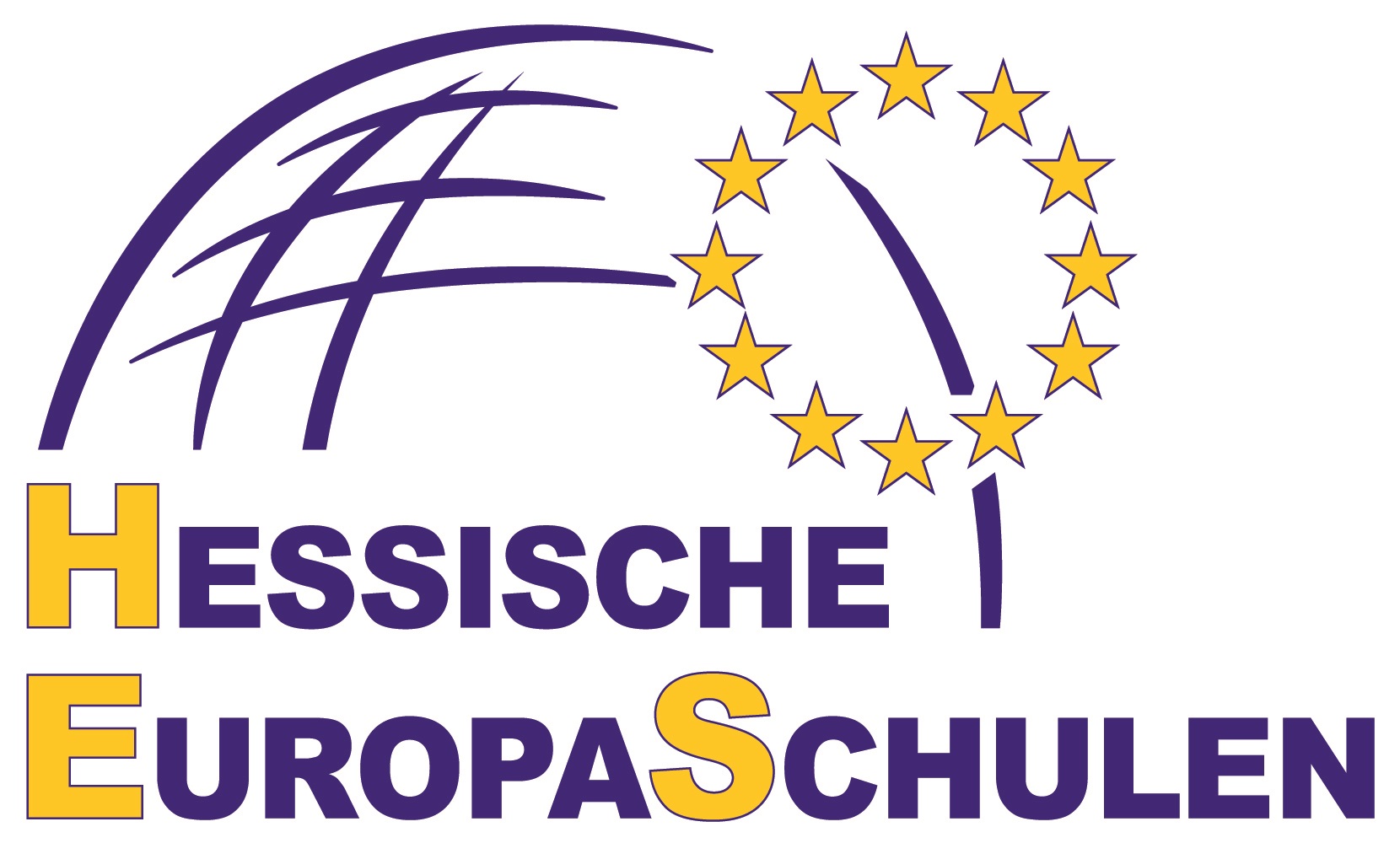The Flexible Lower Primary concept is designed to give the child the optimal start tohis/her school life, to have the time necessary to develop academic as well as personaland social skills. The “Hessische Kultusministerium” (Hesse Ministery of Culture)HKM promotes the use of the “Flexible Lower Primary”-concept (Flex).As an International School we have children with different educational and culturalbackgrounds. Moreover, our children learn to read and write in two languages, thus facinggreater challenges than children in national State Schools. To react to the differentindividual needs of each child, differentiation in many ways is necessary.
In Flexible Lower Primary classes children are usually aged between 6 and 8 years; theyare taught together in mixed age classes. As exceptions younger children can be considered.All children have the opportunity to take 1, 2 or 3 years to complete the Curriculumrequired to enter Year 3. During Flexible Lower Primary Years the children willcover objectives of the British National Curriculum in Maths and Literacy for Reception,Years 1, 2 and 3. German follows the Curriculum of the State of Hesse, history,geography and science follow the International Primary Curriculum (IPC).
In some subjects, (Literacy, Maths and German) more homogenous groups are formedto give specific encouragement. In these subjects the children will be grouped by theirage, which is often related to their learning year in school. All groups of the same learningyear follow the same core curriculum; however, methods, materials and extensionsmay vary according to the groups’ needs. In general, grouping will not be considereduntil after the second week to usually be finished by the autumn break. Currently, thefirst groups to be formed are for Literacy, followed by Maths and finally German.
As this is a whole day school, our children have 5 -9 more lessons per week than childrenin German national State schools. Homework is only given in the main subjectswhen the need arises to review what has already been taught. There will not be morethan one piece of homework given per main subject per week. In addition to this, dailypractice of subjects such as reading will be expected. The time required should not exceed20 min per day.Schuldorf Bergstraße / SISS | Community School | Sandstraße | 64342 Seeheim-JugenheimState International School Seeheim-JugenheimKooperative Gesamtschule mit Primarstufe, Internationalem Schulzweig und Gymnasialer Oberstufe | Landkreis Darmstadt-DieburgSandstraße | D-64342 Seeheim-JugenheimFon 0 62 57 - 97 03-50 | Fax 0 62 57 - 97 03-54 | siss@schuldorf.de | www.schuldorf.deSprechzeiten nach Vereinbarung | Anrufe bitte zwischen 08.00-11.00 Uhr
The HKM provides the SISS with a “Diplom-Sozialpädagoge” (Social Pedagogue) tooffer support and advice. Social Pedagogues work closely with the classroom teachers;important decisions are made together.To understand more easily the different roles of these professionals, imagine two overlappingcircles: classroom teachers are more involved with curriculum areas whereasSocial Pedagogues are more involved with the emotional, social and physical developmentof the children. Their input is of equal relevance, each part reinforces the other.
Social Pedagogues and teachers discuss where general or individual support is needed,both within and outside school.
Within the school Social Pedagogues have a variety of roles, which includes supportstrategies regarding the development of the whole child as well as prevention and reductionof problems.The work of Social Pedagogues follows many different approaches. In response to thewide range of issues, depending on urgency and time, priorities will be set by the SocialPedagogue.Areas of Social Pedagogues’ work include:
• Counselling of and support to teaching staff
• Support to pupils through individual, small group, whole-class activities
• Parent conferences and counselling
• Links to local support organizations and internal organisational and administrativetasks.
As we do respect each child’s right to confidentiality we request parents not to ask theSocial Pedagogue questions about the contents of group sessions. When there are concernsabout an individual child, the parents will be informed by the class teacher or theSocial Pedagogue.
If a sequence of one-to-one sessions is advisable, apart from situations that require immediateresponse, parents will receive prior notice.
The cooperation between Social Pedagogue and parents requires trust and openness formaximum benefit to the children concerned.
Where a child needs ongoing support the parents will be referred to external professionalsin the area (see information received on application).
Appointments with the Social Pedagogue can be made through the School Secretary, theclass teacher or directly through the Social Pedagogue’s letterbox in the entrance area.
March 2012

